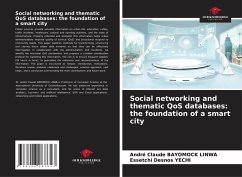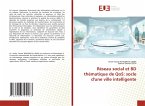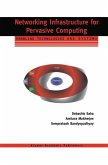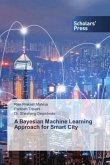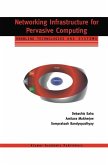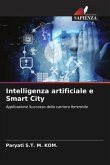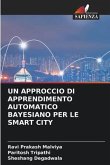Citizen sources provide valuable information on urban life: education, safety, traffic incidents, healthcare, cultural and sporting activities, and the state of infrastructure. Properly collected and analyzed, this information helps urban administrations improve quality of service (QoS) and proactively respond to community needs. This paper explores methods for transforming, structuring and storing these citizen data streams so that they can be effectively interrogated. In collaboration with city administrators and residents, we identify the essential QoS parameters and propose a suitable coordination protocol for exploiting this information. The aim is to ensure frequent updates (24 hours or less), to guarantee the relevance and responsiveness of the information. The paper is structured as follows: introduction, motivations, literature review, problem statement and challenges, solution approach, next steps, and a conclusion summarizing the main contributions and future work.
Bitte wählen Sie Ihr Anliegen aus.
Rechnungen
Retourenschein anfordern
Bestellstatus
Storno

